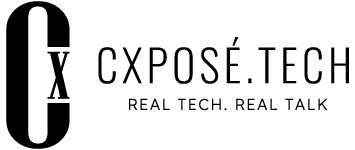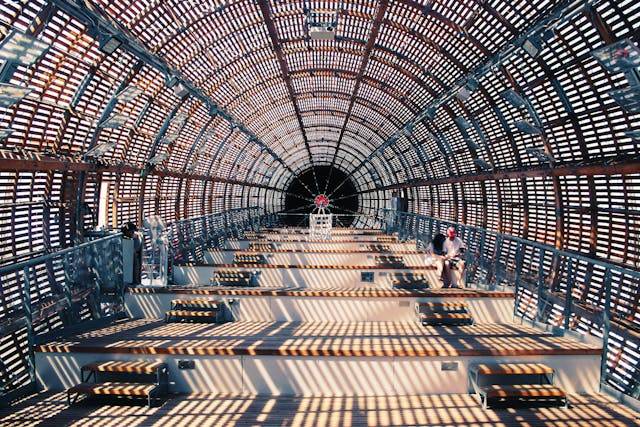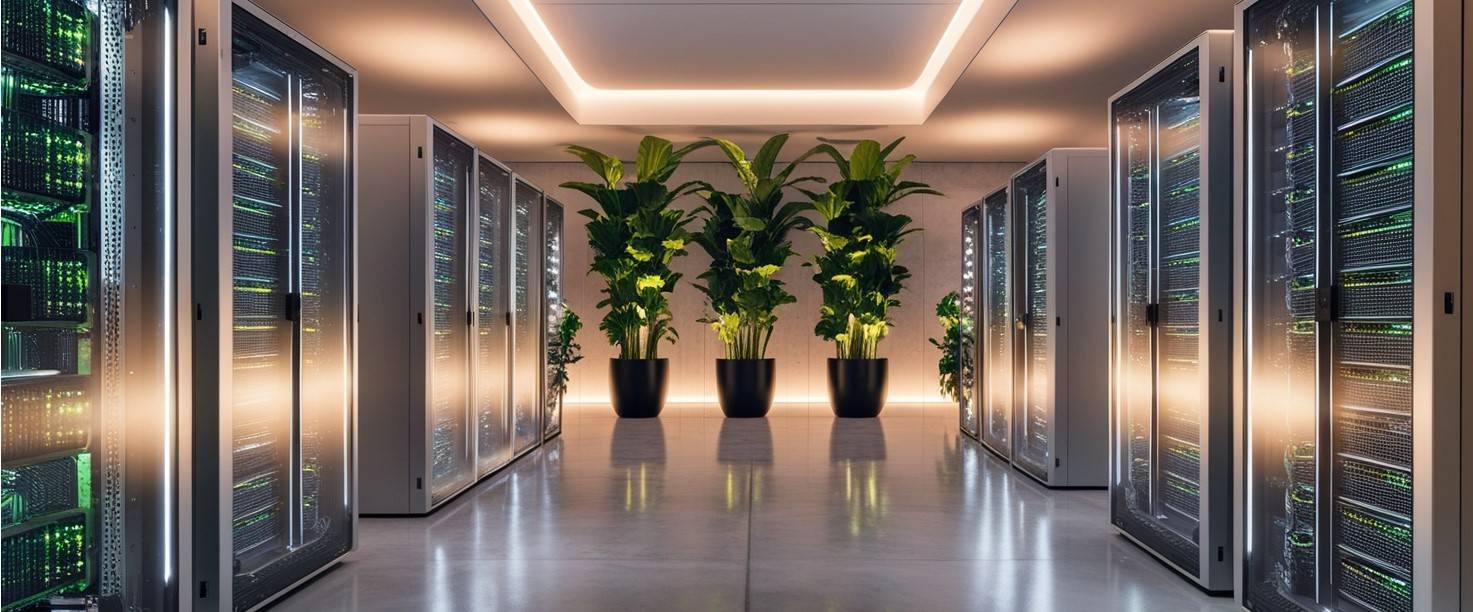HID, a worldwide leader in trusted identity solutions, has partnered with Solarvest to help reduce the carbon footprint of its manufacturing site located in Kulai Johor, Malaysia and meet the ESG goals of its parent company, ASSA ABLOY, to reach net zero by 2050.
Johor, Malaysia represents a compelling investment destination driven by strategic location, robust infrastructure, economic diversification, and a skilled workforce.
Sited on a 200,000 square foot area, HID Malaysia’s R&D and manufacturing base has been active in Malaysia since 2005. It underwent expansion in 2021 in areas of production space and competencies, currently employing over 800 staff in addition to operating more than 600 robotic assembly machines and other advanced manufacturing systems.
HID’s investment and commitment in Johor has yielded promising results, contributing to substantial export sales every year.
HID offers a broad portfolio of products for governments, universities, hospitals, financial institutions and some of the most innovative companies on the planet—helping them to create trusting and trusted physical and digital environments so that they and the people who use them can fulfil their potential.
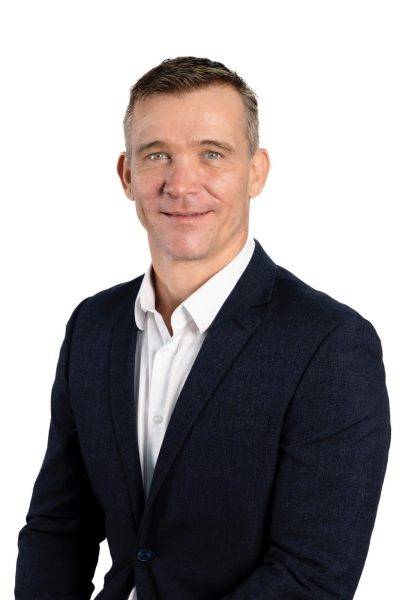
Robert Verkuijlen, MD HID Malaysia
Robert Verkuijlen, Managing Director at HID Malaysia, shares the details and benefits of the installed solar systems and how they align with HID’s overall sustainability initiatives and journey in the following Q&A.
- Please tell us how the solar panel installation fits into HID’s overall sustainability initiatives.
Our solar panel installations play a crucial role in reducing our carbon emissions, aligning with our sustainability objective to cut emissions by 50 per cent by 2030 and ultimately achieve net-zero status by 2050.
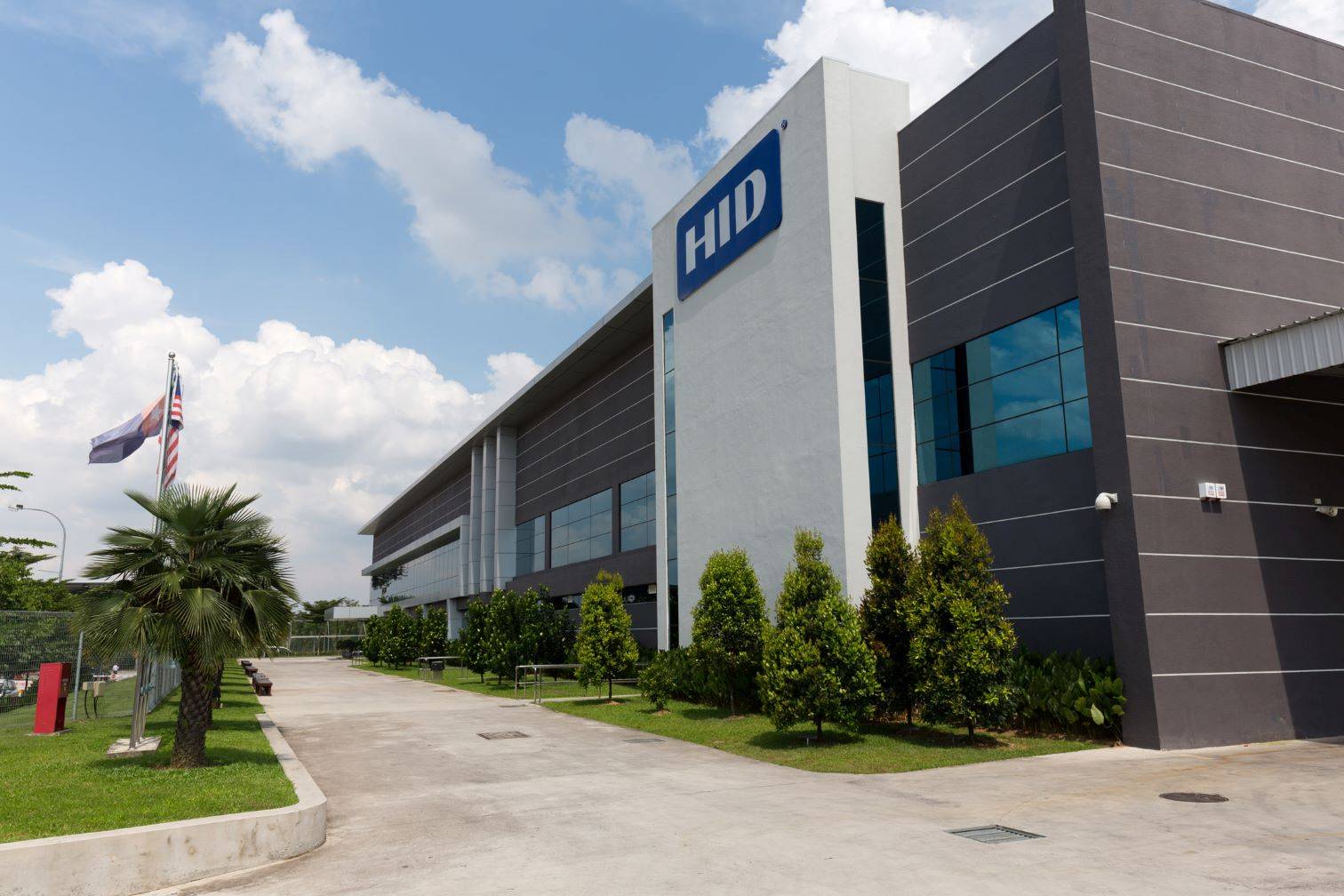
HID Malaysia in Johor
By harnessing clean, renewable energy, we are significantly decreasing our reliance on fossil fuels, thereby lowering greenhouse gas emissions and contributing to climate action.
This transition supports not only our immediate operational goals but also our long-term commitment to a cleaner, more sustainable future, ensuring that our energy footprint aligns with global climate targets.
- Can you share the benefits with us regarding energy production and savings in terms of KWhs?
Our main factory in Johor boasts a total solar capacity of 620 kWp, generating approximately 781 MWh of solar electricity annually, which reduces our CO₂ emissions by 547 tons each year.
Our second factory has a solar capacity of 460 kWp, producing around 579 MWh of solar-generated electricity annually and cutting CO₂ emissions by 339 tons.
Combined, we anticipate a 10-12 per cent reduction in our electricity expenses across both plants.
- What is the energy generated used for?
We use the energy to operate our equipment that produces cards, pre-laminates, RFID tags, and more. We are a highly automated factory that operate laminators, wire embedding, winding and their affiliated equipment.
2. Why is this initiative important for HID and the Johor site?
We believe that building a sustainable future is essential—not only for our children but for all generations to come.
Embracing solar energy is a powerful step in this direction, as it reduces our reliance on fossil fuels, cuts carbon emissions, and lessens our environmental impact.
Solar energy offers long-term cost savings, stabilises energy expenses, and makes us more resilient against fluctuations in traditional energy markets.
By investing in solar power, we are helping to preserve natural resources, reduce pollution, and combat climate change, all while fostering a cleaner, healthier planet for future generations.
3. What are some of the future initiatives or goals you have in your plans?
We plan to further expand the solar installation when increased energy demand justifies the investment.
In parallel, we are continuously optimising our products and processes to produce more high-quality products with less energy.
Additionally, we are collaborating with our product development team on sustainable solutions, such as bamboo and other biodegradable card options. We are also prioritising carbon footprint considerations in both new product designs and reviews of existing products, aiming to minimise our environmental impact wherever possible.
About HID
HID powers the trusted identities of the world’s people, places and things. We make it possible for people to transact safely, work productively and travel freely. Our trusted identity solutions give people convenient access to physical and digital places and connect things that can be identified, verified and tracked digitally. Millions of people around the world use HID’s products and services to navigate their everyday lives, and billions of things are connected through HID’s technology. We work with governments, educational institutions, hospitals, financial institutions, industrial businesses and some of the most innovative companies on the planet.
(This article was adapted from a press release)
